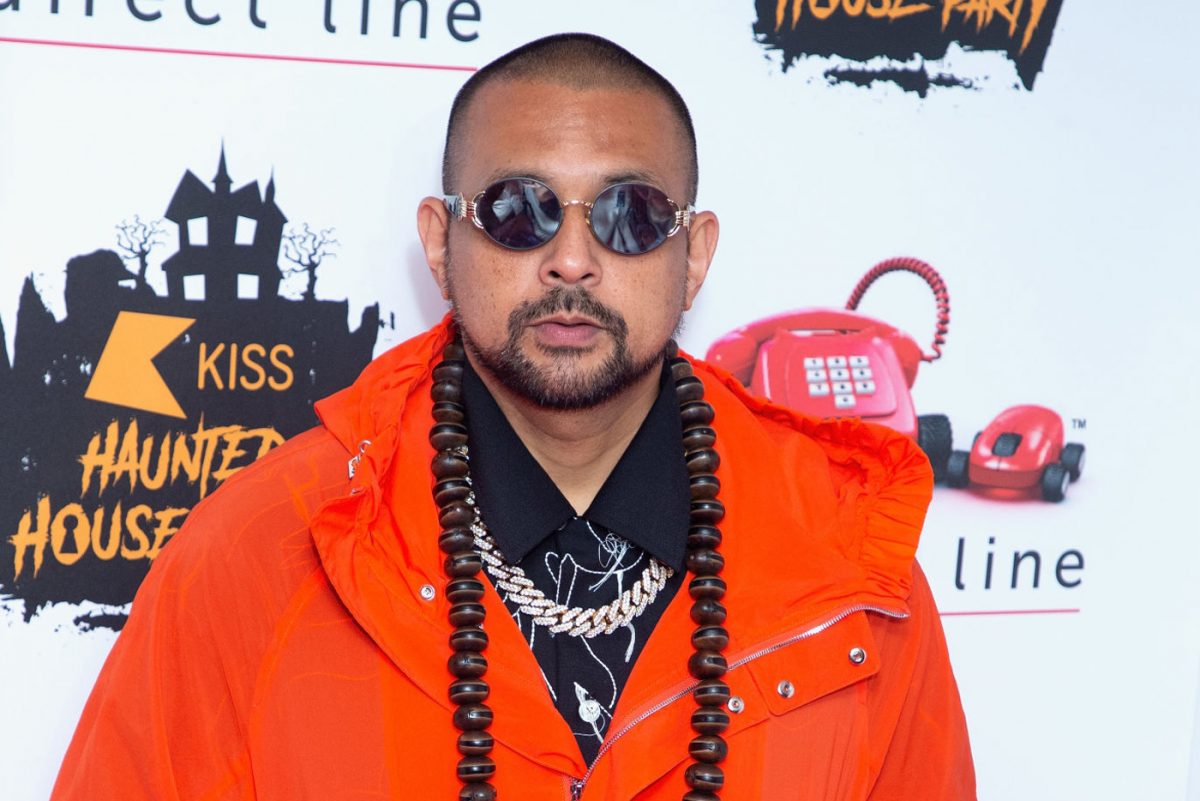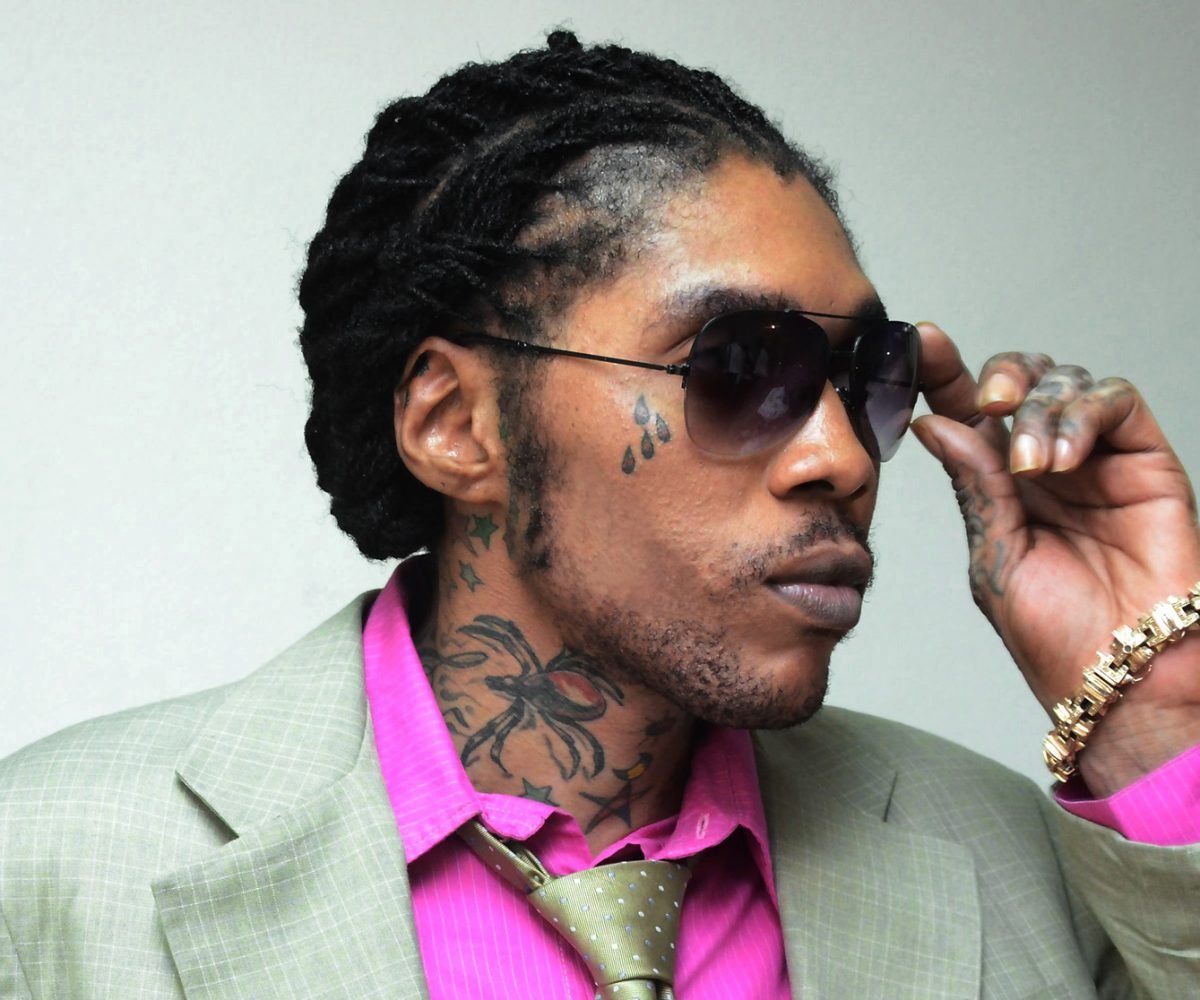Sean Paul Speaks On Colorism And Whether His “Light Skin” Gave Him An Advantage In Music Industry

Dancehall superstar Sean Paul recently addressed the age-old issue of whether his lighter complexion gave him an advantage in the music industry, pointing out that it is a systemic issue, which has even resulted in him being the target of “misled jealousy”.
Sean Paul was speaking on The Breakfast Club last week, on a question relating to his longevity and chart-success “formula”, when he mentioned the contentious subject. His statements come more than a year after his former manager Zachary Harding, mentioned during a forum, that incarcerated deejay Vybz Kartel had raised questions about whether Paul’s international success was due to him being of a light complexion.
“A lot of people point to different systematic things on this earth like you know, the light-skin thing and whatever, whatever. And I get it, there is different things that we are all caught in a system of unbalance…,” Sean Paul said.
“For me, that light-skin argument always comes up. I did work hard; do have a little bit of talent and I try to ignore everything that is negative about the system and do things my own way,” he added.
Asked why the light skin versus dark skin issue “always comes up” in conversations about international music, Sean Paul was very cautious in his response, pointing fingers again, at what he said is “the system”, which might make it easier for persons of lighter hues to advance over their darker-skinned compatriots.
“Or they might say it’s easier because of how the system is set. Just for people being oppressed. It is a little bit of probably misled jealousy. But when you see these people in the street, no one says it… But mostly I think people might say these things online and whenever they see me in the streets. They see the type of persons I am, their opinion changes; their perception changes,” he explained.
In February 2020, during a panel discussion titled “The Business of Bob Marley” at a symposium at the Bob Marley Museum Sean Paul’s former manager Zachary Harding, said that Vybz Kartel once questioned whether Paul’s international success was due to him being light-skinned.

“He (Kartel) and I had a long conversation, and he started to ask what role Sean’s ‘brownness’ played in his success. And this was right at the time when Kartel started bleaching,” Harding had said, according to an article published by Loop Jamaica.
“I just found it fascinating because he was fascinated with the question of ‘was Sean’s brownness an influential factor in his success’ versus Kartel’s success,” Harding said, before pointing out that another Jamaican superstar, track legend Usain Bolt has achieved significant financial success away from the sport “while visibly black” and that “at the end of the day, it’s the product that wins”.
According to the article, the panelists didn’t dismiss the issue of colorism where Bob Marley was concerned, they all noted that the Reggae icon’s other attributes, including his “amazing talent, relentless work rate, the team working with him – and also the fact that he knew what he wanted to achieve” outweighed his skin complexion.
This is perhaps the first time that Sean Paul has dressed the issue of skin color and colorism in the public domain. His compatriot Shaggy, had frontally addressed the issue of colorism and racism in the music industry during the Jamaica Music Conference in 2020 in Kingston and had declared that the problem still exists in the global music business.
Shaggy had first addressed the issue of preferential treatment given to whites, noting that since making his music debut in the early 1990s, he had seen the ascension of white overseas acts who perform Reggae music and that the “biggest Reggae bands right now are white Reggae bands.
“They have the biggest tickets, biggest sales, and you may be wondering, what are they doing that we are not?” Shaggy had asked at the time.
“Let’s face it, anybody in here that thinks racism has not played a part in it, you’re mad… If you look at the history of what Reggae has done, even for instance The Police. Sting said to me he used to watch Steel Pulse, Bob Marley and these guys and be mesmerised about what they’ve done, and he went and did a hybrid version of it which then became The Police. Part of it is they made great music and became massive, but how they got on radio was, they were white,” he added.

Turning to colorism, Shaggy had, at the same time, urged his compatriots not to “dwell on it” but instead “continue what we are doing which is the ‘cool factor’…because everybody mi know wants to be Jamaican”.
“Don’t ignore the fact that it (racism) is a part of it. Yes, it is, very much so. The three biggest artistes out of Jamaica – Shaggy, Bob Marley, Sean Paul – a three brown bredda, a nuh coincidence that,” he stated.
“We are not saying we are not talented people, but mi a tell yuh seh years and years, a ghetto me born, mi used to be the red boy inna di ghetto place and mi get picked pon because mi a di ‘likkle red youth’…mi never see uptown til mi buss and come back a Jamaica,” he said.
When artist manager Delroy Escoffery had attempted to caution the Bombastic artist against speaking about the advantages given to lighter-skinned artists in the mainstream market, the Iraq war veteran had stood his ground.
“So because mi brown mi nuh fi tell you the truth?” Shaggy had shot back.
Shaggy had also added that his hard work should not be undermined when speaking about his success, and that he was unapologetic about his accomplishments as he had worked hard and was not born with a silver spoon in his mouth.
“Me nah tell you I’m the baddest deejay. Me far from it. But mi a go tell unuh, none a unuh nah go outwork me, it will never happen,” he said. “When you look at Sean Paul, he works his ass off. When you look at Spice, she don’t stop. You cannot just sit there and figure seh things will come to you, you gotta get it. We’re at a disadvantage, we’re a small country with a small genre, but when we mek noise. It’s a big noise.”
Correction: The Jamaica Music Conference was held in 2020.
